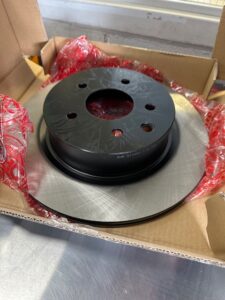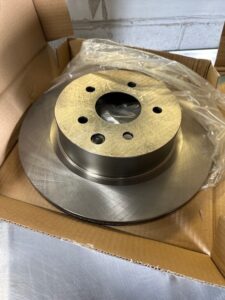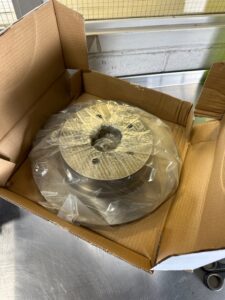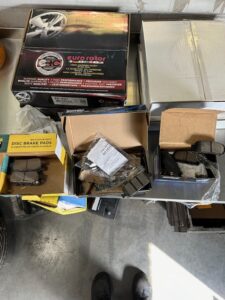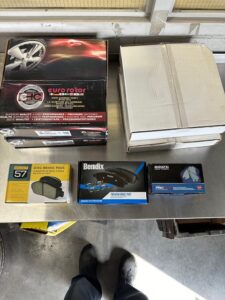Brake Repair: Understanding the Difference Between Good, Better, and Best
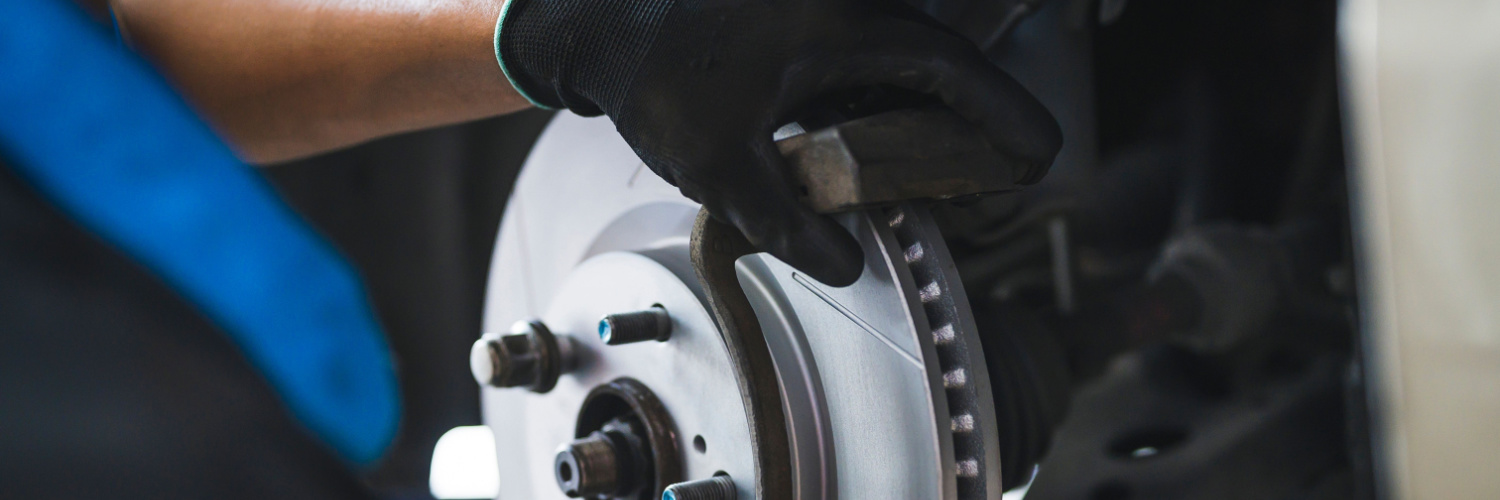
Introduction: Brake pads are a critical component of your vehicle’s braking system, responsible for slowing down and stopping your car safely. However, not all brake pads are created equal. There’s a significant difference between good, better, and best brake pads, each impacting your driving experience and safety differently. In this blog post, we’ll delve into why quality matters when it comes to brake pads and why seeking professional advice from an auto repair facility is essential for your brake repair needs.
Understanding the Differences:
- Good Brake Pads: Good brake pads are typically made from organic materials, such as rubber, carbon, and other fibers. While they provide adequate braking performance for everyday driving conditions, they may wear out faster and produce more dust and noise compared to higher-quality options.
- Better Brake Pads: Better brake pads often feature semi-metallic or ceramic compositions, offering improved performance and longevity compared to organic pads. They provide better heat dissipation, reduced brake fade, and quieter operation, making them a popular choice for drivers seeking enhanced braking performance without breaking the bank.
- Best Brake Pads: The best brake pads are usually ceramic or carbon-ceramic formulations, engineered for superior braking performance, durability, and minimal noise and dust production. These pads offer excellent stopping power, even under extreme driving conditions, and are designed to last longer than other options. While they may come at a higher upfront cost, the benefits they provide in terms of safety and longevity outweigh the initial investment for many drivers.
Issues with Sub-Quality Parts:
- Safety Concerns: Sub-quality brake pads may compromise your safety on the road, as they may not provide adequate stopping power or reliability when you need it most. Low-quality materials and construction can lead to brake fade, reduced braking performance, and even brake failure in extreme cases.
- Shorter Lifespan: Cheap brake pads often wear out faster, leading to more frequent replacements and increased maintenance costs in the long run. Premature wear can also cause damage to other brake components, such as rotors and calipers, further adding to repair expenses.
- Increased Noise and Dust: Low-quality brake pads tend to produce more noise and dust during braking, affecting the overall driving experience and requiring more frequent cleaning and maintenance.
Why Consult an Auto Repair Facility:
- Expert Advice: Auto repair facilities have knowledgeable technicians who can assess your vehicle’s braking needs and recommend the best brake pad options based on your driving habits, vehicle type, and budget.
- Quality Assurance: By choosing a reputable auto repair facility, you can ensure that only high-quality brake pads and parts are installed on your vehicle, providing you with peace of mind and confidence in your vehicle’s braking performance.
- Professional Installation: Proper installation is crucial for optimal brake performance and safety. Auto repair facilities have the expertise and equipment to install brake pads correctly, ensuring reliable braking performance and longevity.
Conclusion: When it comes to brake pads, quality matters. Investing in good, better, or best brake pads can significantly impact your driving experience, safety, and maintenance costs. By consulting with an auto repair facility, you can receive expert advice and professional installation, ensuring that your vehicle’s braking system performs at its best when you need it most. Don’t compromise on safety —choose quality brake pads for your peace of mind on the road.
Images: Brake Parts can vary from Cheap to Premium.
Packing for moisture and rust. Bagged, dry and clean versus bagged and full of oils to reduce rust. Oil can leave reside and require deep cleaning.
Pattern Finish: Premium have OEM like precise finishes. Economy parts may not have a high quality finish and may need to be machine or cut when new.
Coating: Premium many have black hat coating or grey Zinc coating for future surface rust. Economy rotors will have not coating.
Quality of the metal: Premium rotors will have a excellent metal content, and lower quality may have more Iron content leading to rusting or pitting from within the brake surface.
Brake Pads: Same comments as above. Fit, form, Function. Issues like fitment, noises, brake dust, and bonding quality are all issues to address.
